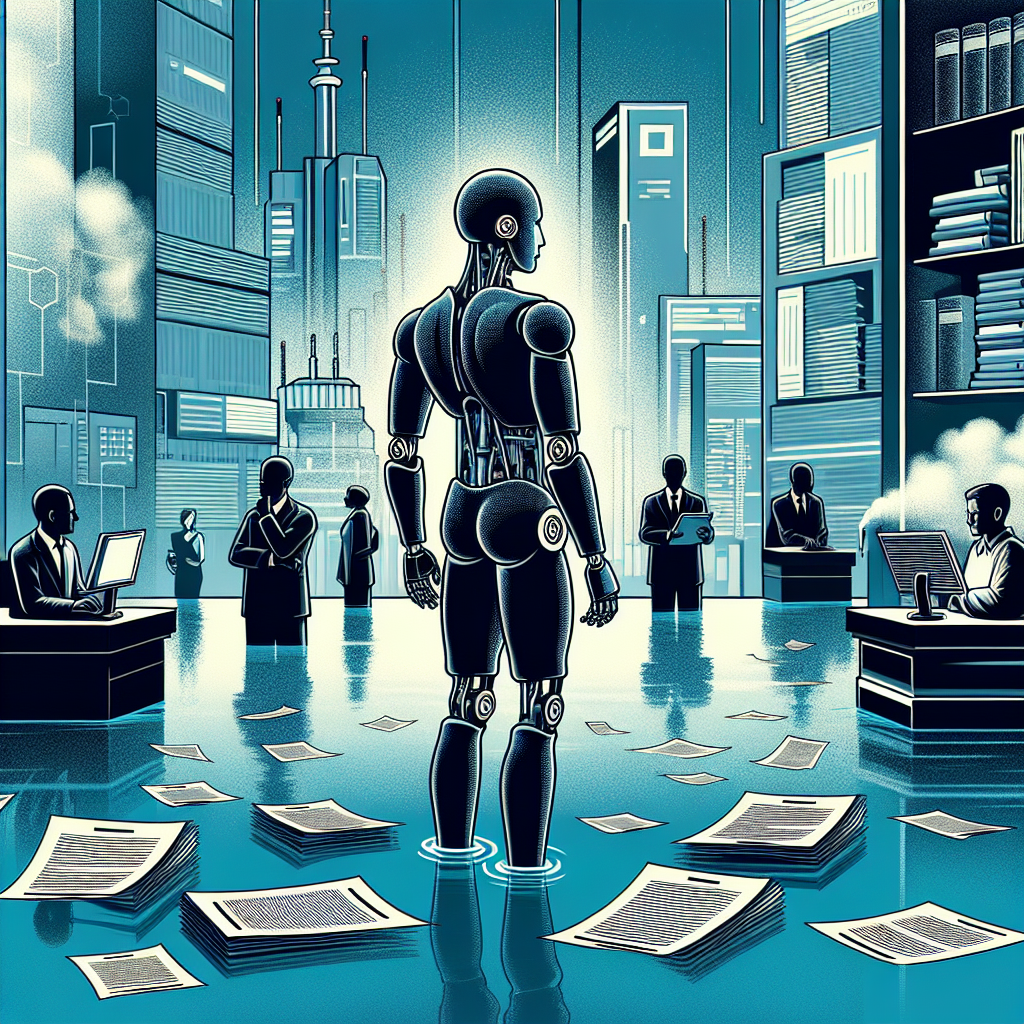“Fighting Copycat AI: Navigating the Legal Risks of Generative Artificial Intelligence”.

“Generative AI’s plagiarism problem a legal risk to users”
“Artificial Intelligence (AI) has been improving by leaps and bounds, leading to AI innovations like generative AI. This advanced technology takes user input and generates something new from it, much like the process of brainstorming or mental generation. But while this newfound capability may seem like the stuff of magic, it’s also opened up a can of worms when it comes to legal risk” is an engaging excerpt from a recent fascinating article on Daily AI.
These fantastic technological advancements, often described as akin to sorcery (but without the cauldron), might be a Pandora’s box of legal wranglings waiting to happen. Welcome to the 21st century, where AI isn’t just generating poems about sunsets anymore; it’s treading the murky waters of potential copyright infringement.
For some reason, despite being fluent in over six million languages (allegedly), these clever machines tend to struggle with the concept of originality. And who can blame them? After all, they have been programmed to spew out data and perform tasks like a factory assembly line, not contemplating the innate beauty of a snowflake’s individuality. Let’s not forget that machines lack the necessary neural connections to agonize over copyright laws like budding authors.
But hey, let’s not demonize the machines entirely. The tech companies, after all, have given these shining marvels of silicon and code all… that power. So, here’s food for thought – when one of these code-crunching box of wires puts an author’s novel verbatim without citing the source, who’s really at fault?
The typical scapegoat may appear to be the tech companies who design these AI. But then again, that’s an obvious choice. A more seasoned connoisseur of controversy might argue that the onus is on the end users. After all, aren’t we all just the Frankenstein creating our own monsters?
However, before going down this rabbit hole of blame games and legal finger-pointing, let’s remember one thing. The law surrounding AI is like so many newborn kittens – adorable, but utterly clueless. Rather than pointing fingers, it might serve everyone better if tech companies, legal entities, and the users themselves work together to create a framework that encourages unique expression while acknowledging the limitations and risks of generative AI.
So, until the day when machines start citing sources like a nervous undergraduate jittered up on caffeine, or copyright laws take into account the complexities of AI, this legal conundrum will continue to be as tricky as a Rubik’s cube being solved in the dark. Welcome to the digital age. Now, wouldn’t that be a blog post to generate!
